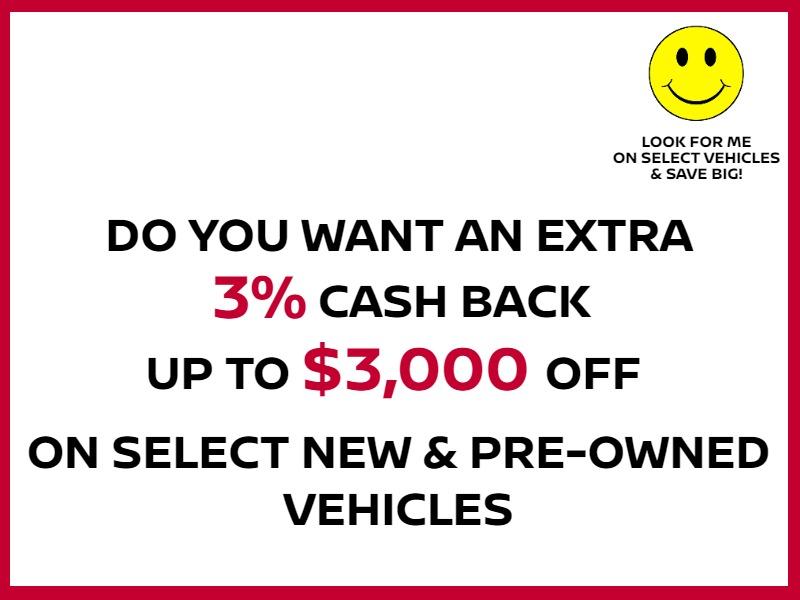# Car Loan Versus Lease: Which Option is Right for You?
When it comes to acquiring a vehicle, the decision between a car loan and a lease can significantly impact your finances and driving experience. Both option……
When it comes to acquiring a vehicle, the decision between a car loan and a lease can significantly impact your finances and driving experience. Both options have their unique advantages and disadvantages, and understanding them can help you make an informed choice that suits your lifestyle and budget.
## Understanding Car Loans
A car loan allows you to borrow money from a lender to purchase a vehicle. Once you pay off the loan, you own the car outright. This option is ideal for those who plan to keep their vehicle for several years. Here are some key points to consider:
1. **Ownership**: With a car loan, you own the vehicle once it's paid off. This means you can modify it as you wish and drive it for as long as you want without worrying about mileage limits.
2. **Monthly Payments**: Typically, monthly payments for a car loan may be higher than lease payments. However, these payments contribute to ownership, which can be a valuable asset in the long run.
3. **Interest Rates**: Interest rates on car loans can vary based on your credit score and the lender. A higher credit score usually means lower interest rates, which can save you money over the life of the loan.
4. **Depreciation**: Cars depreciate over time, and when you own a vehicle, you bear the brunt of that depreciation. However, if you keep the car long enough, you can offset this by not having to make further payments once the loan is paid off.

## Exploring Car Leases
On the other hand, leasing a car is akin to renting. You make monthly payments for the use of the vehicle over a specified period, usually two to three years. Here are some aspects of leasing to consider:
1. **Lower Monthly Payments**: Generally, lease payments are lower than loan payments, making it easier to drive a newer model without a significant financial commitment.
2. **Newer Models**: Leasing allows you to drive a new car every few years. This means you can enjoy the latest technology, safety features, and warranties without the long-term commitment of ownership.
3. **Mileage Limits**: One downside to leasing is the mileage restrictions. Most leases come with a cap on how many miles you can drive each year, and exceeding this limit can lead to costly penalties.

4. **No Ownership**: At the end of a lease term, you must return the vehicle. You don't build equity, which means you won't have a valuable asset once the lease ends.
## Making the Right Choice
Choosing between a car loan and a lease ultimately depends on your personal preferences and financial situation. Here are some questions to ask yourself:
- **How long do you plan to keep the vehicle?** If you want to drive the same car for many years, a loan may be the better option. If you prefer changing vehicles frequently, leasing could be more suitable.
- **What is your budget?** Evaluate your monthly budget to determine if you can afford higher payments for a loan or if lower lease payments would be more manageable.

- **Do you drive a lot?** If you have a long commute or enjoy road trips, a car loan might be better due to the mileage restrictions associated with leases.
- **Are you interested in new technology?** If you love having the latest features, leasing can provide you with a new car every few years.
In conclusion, the decision between a car loan and a lease is not one-size-fits-all. It requires careful consideration of your financial situation, driving habits, and personal preferences. By weighing the pros and cons of each option, you can make a choice that aligns with your lifestyle and financial goals. Whether you choose to own or lease, the key is to ensure that your decision supports your overall financial well-being.